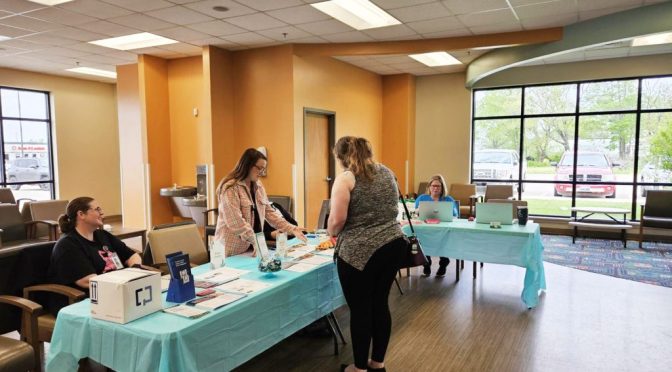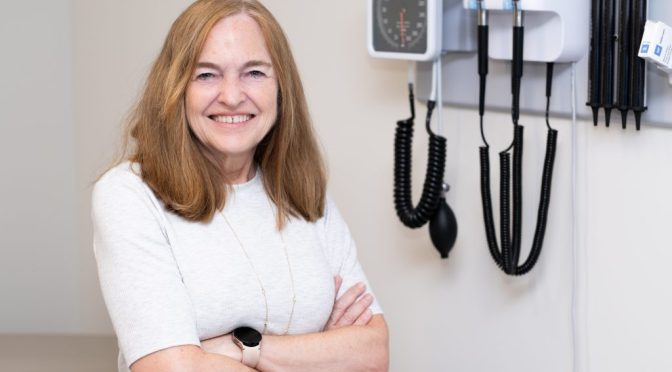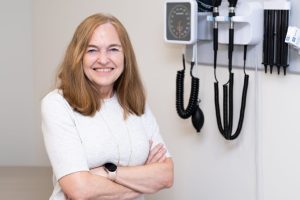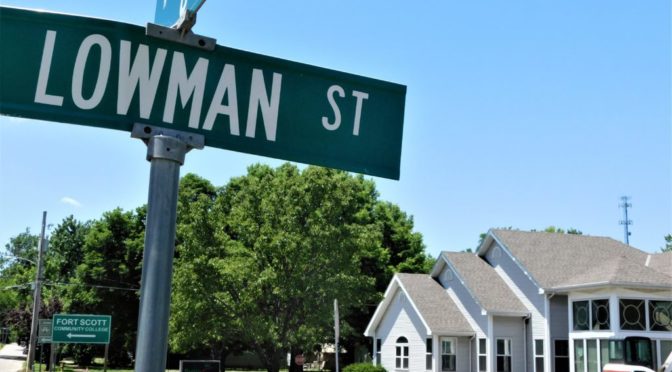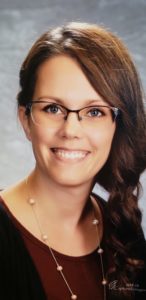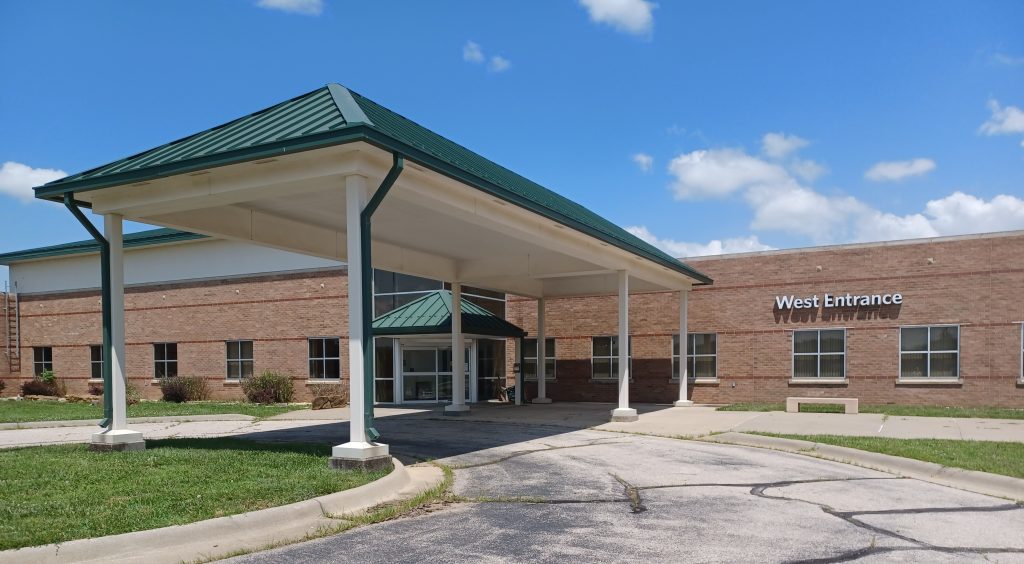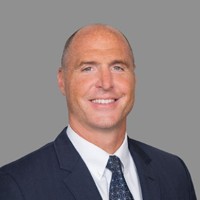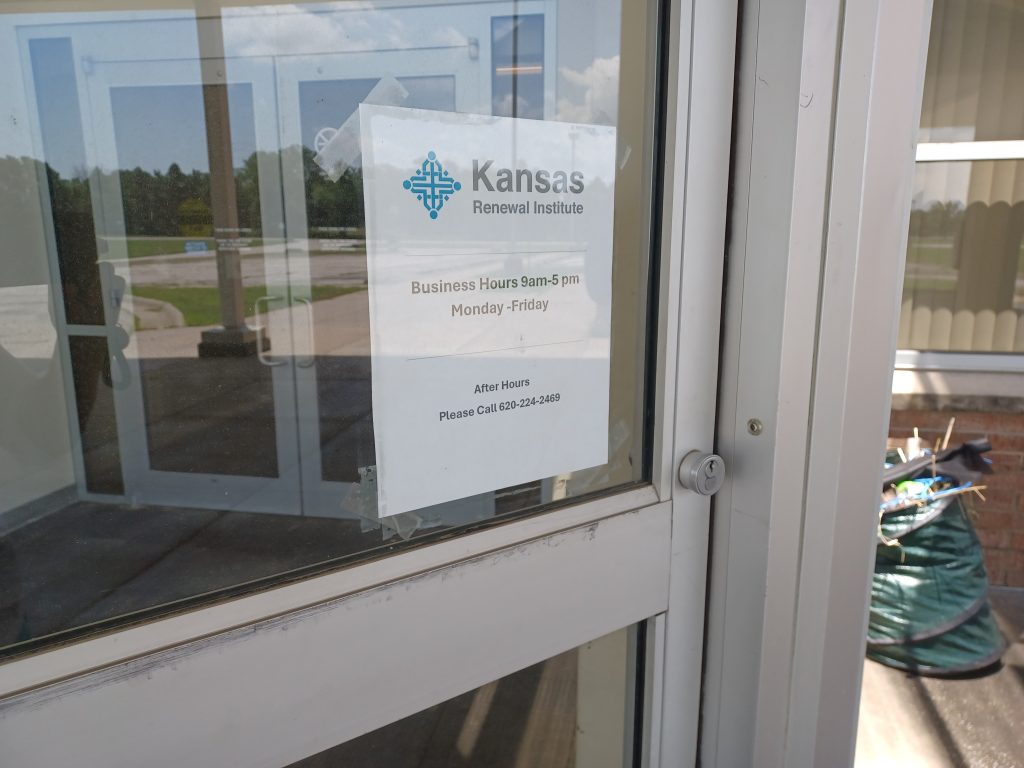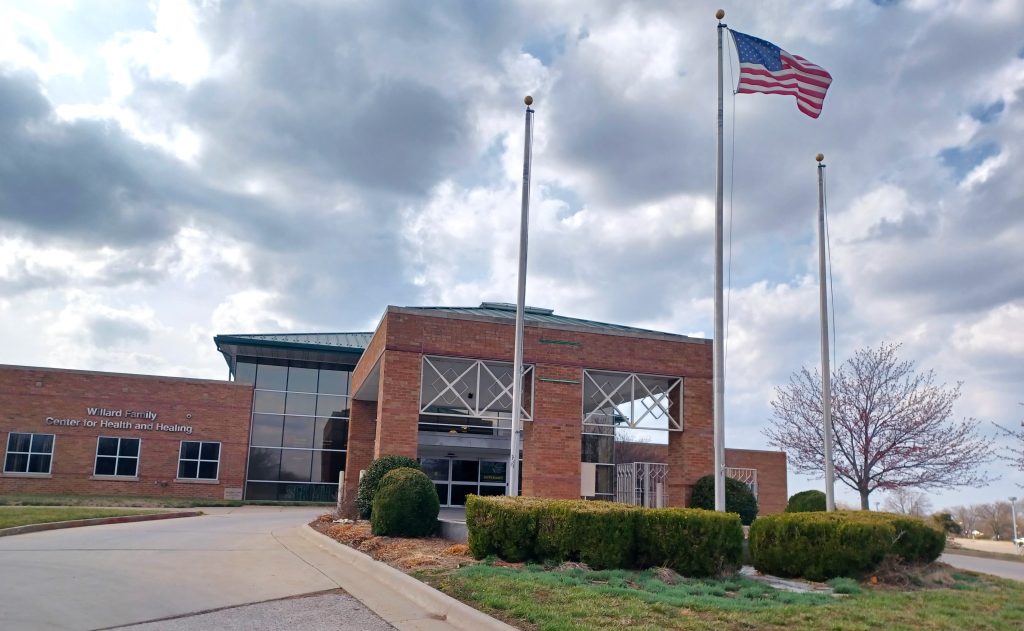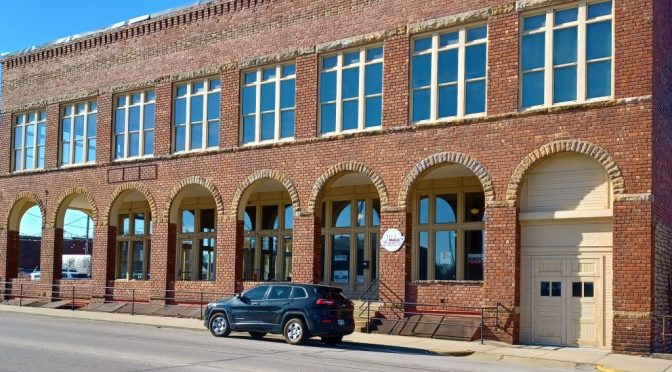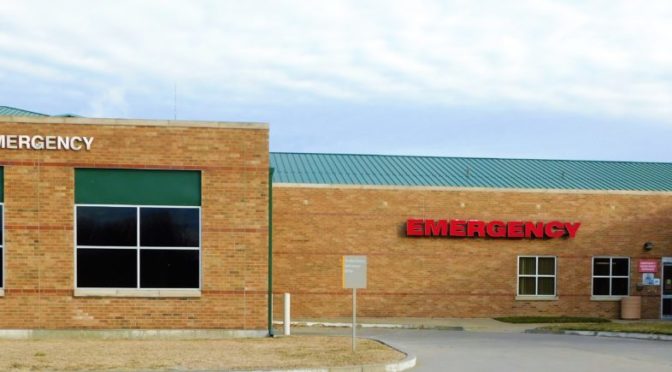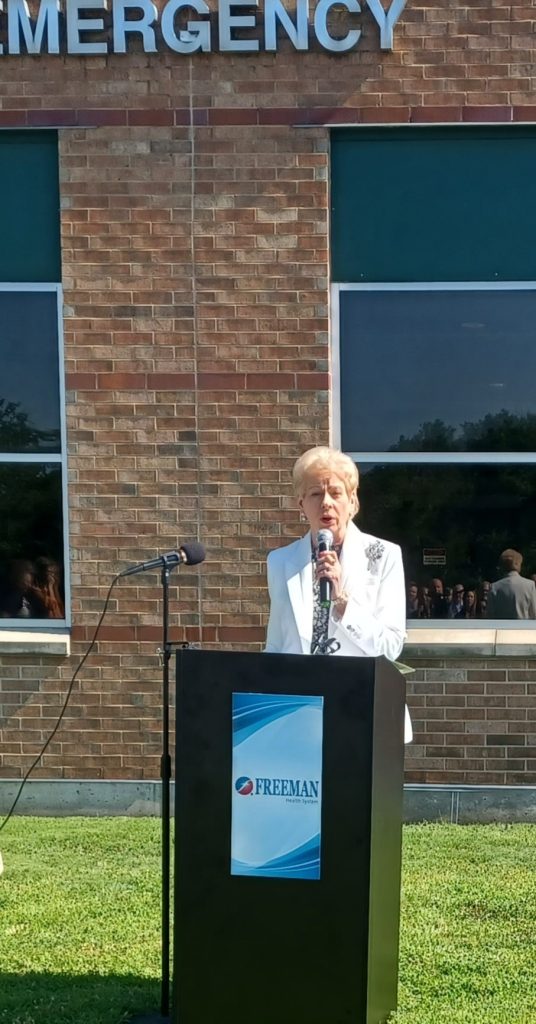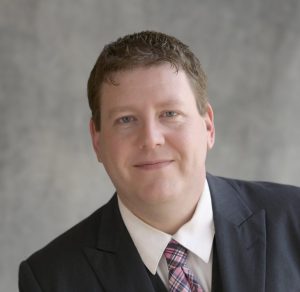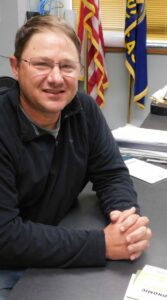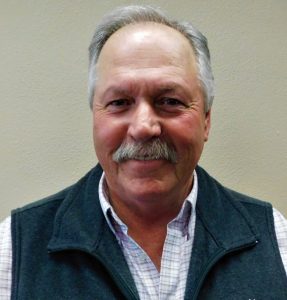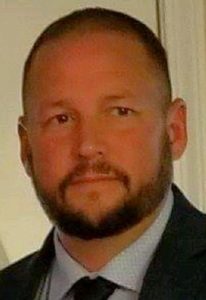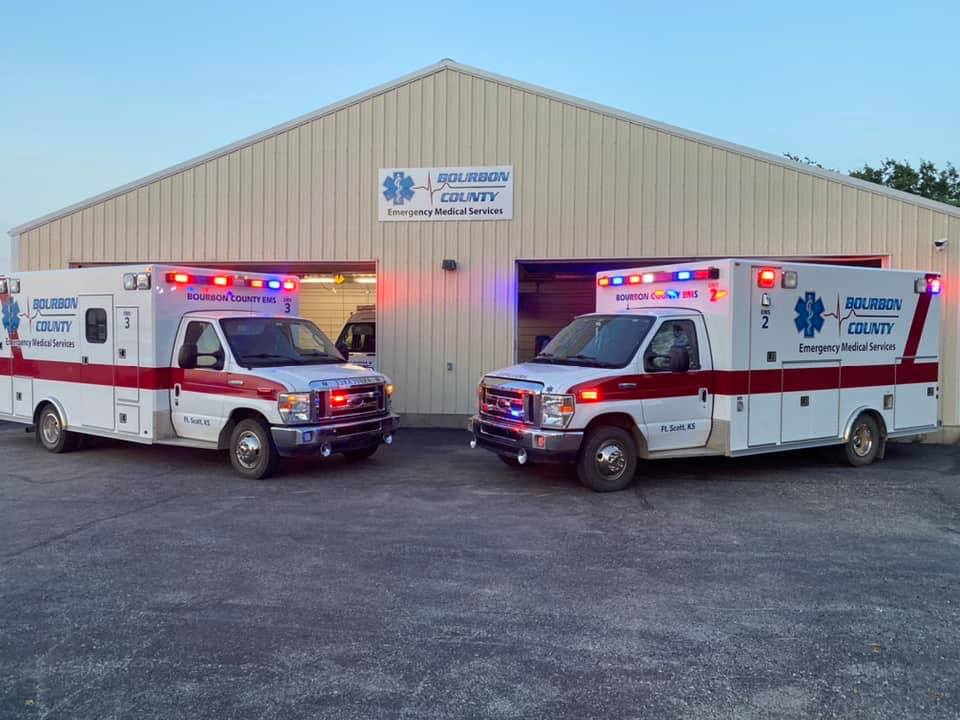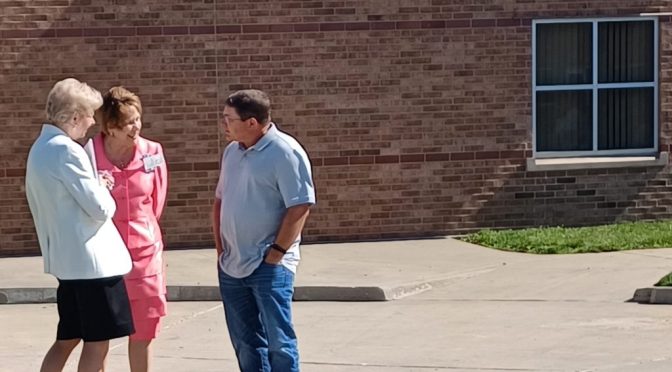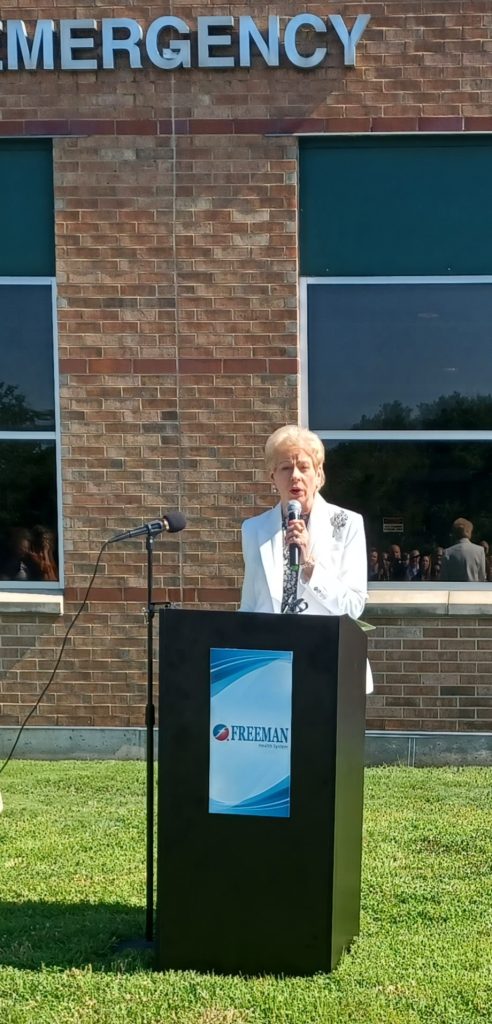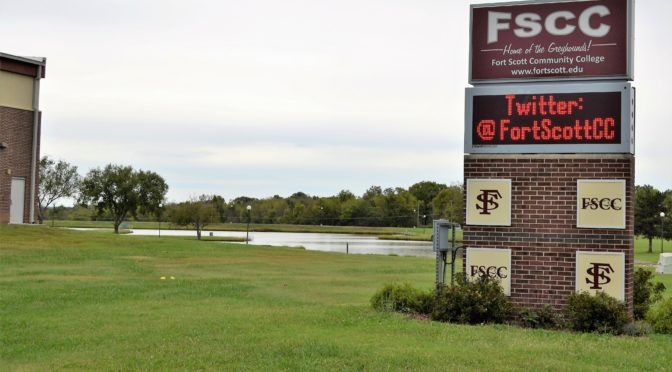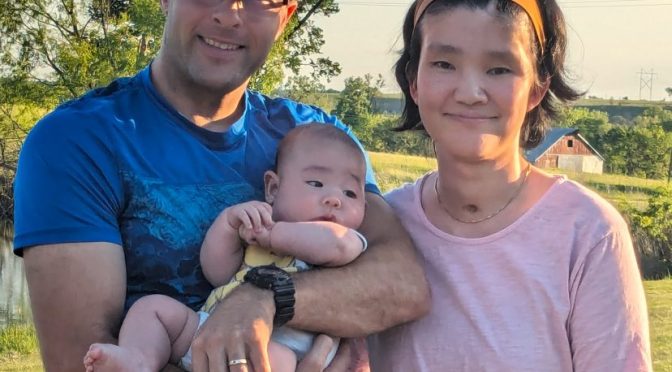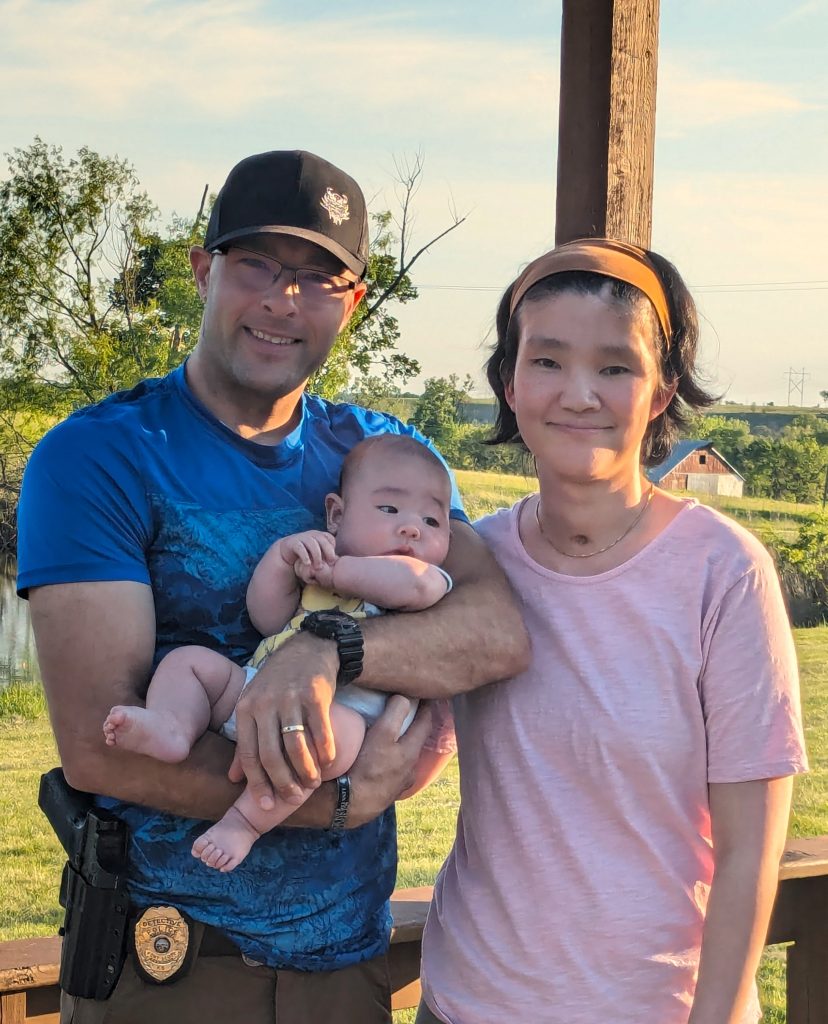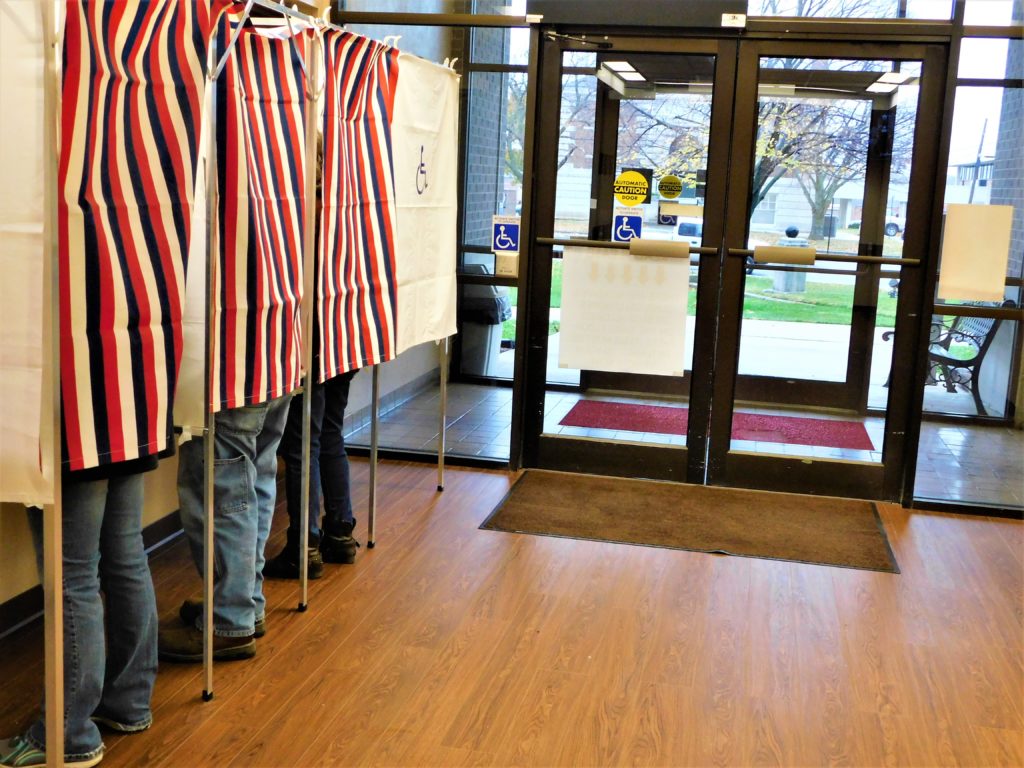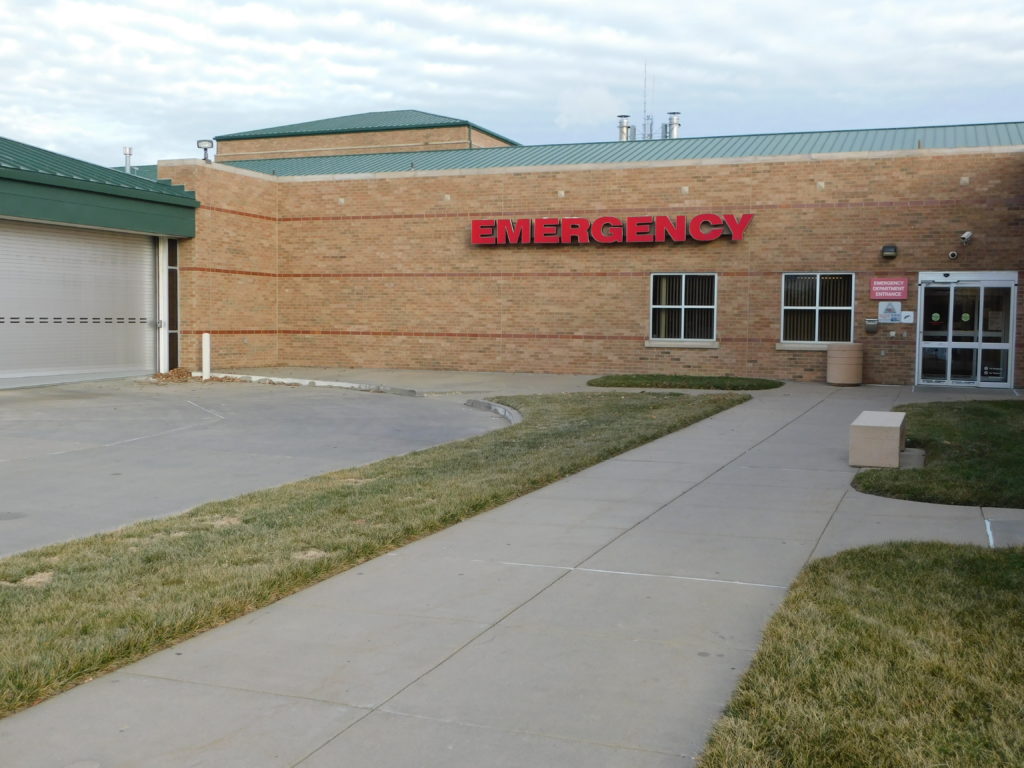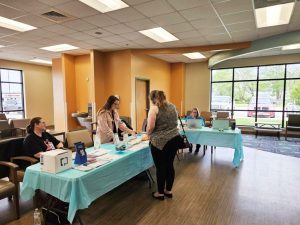
The Community Health Center of Southeast Kansas is hosting a Women’s Health Fair on Sept. 7 at its Fort Scott clinic. The event is an opportunity to raise awareness about cervical cancer, human papillomavirus (HPV) disease, and the importance of getting screened.
The fair will be from 8 a.m. to 2 p.m. at the CHC/SEK clinic located at 2322 S. Main St. Fort Scott. Participants aged 21 through 65 can get a cervical cancer screening during the health fair. To be screened during the event, an appointment can be made by calling 620-231-9873. Walk-in screening appointments will also be welcomed on the day of the event.
CHC/SEK staff at booths will provide health information on mammography, colorectal health, vaccines Early Detection Works and more. Mammography screening will be available at the event.
According to the CDC, each year in the United States, about 11,500 new cases of cervical cancer are diagnosed, and about 4,000 women die of this cancer.
For women aged 21-29, it is recommended to have a pap smear every three years if the results are normal. For women aged 30-65, providers recommend a pap smear with HPV testing every five years if results are normal. For women over age 65, the decision to stop screening depends on history and should be discussed with their provider.
Early detection is key, CHC/SEK Physician Holly Gault, MD, said, adding that she can’t stress enough how much better it is to find out early.
“We’ve seen several cervical cancer cases in young people that could’ve been prevented or caught earlier in the disease progression with proper screening,” Gault said.
CHC/SEK also participates in the Early Detection Works Program, which is a breast and cervical cancer screening program for Kansas women, and the clinic offers other financial assistance programs. Patients can learn more about Early Detection Works during the fair.
Another way CHC/SEK is helping prevent cervical cancer is by talking to parents about getting their children immunized for HPV. High-risk HPV infection is associated with nearly all cases of cervical cancer.
“There is a rise in cervical, head, and neck cancer, caused by HPV,” Gault said, adding these cancers could be prevented with immunizations for HPV.
The CDC and the American Cancer Society recommend HPV vaccination (Gardasil) for females and males as early as 11 years of age. The Food and Drug Administration (FDA) has approved the Gardasil three-dose series for individuals up to 45 years of age.
For more information about the upcoming event people can call the clinic at 620-231-9873.
###
About Community Health Center of Southeast Kansas
Community Health Center of Southeast Kansas (CHC/SEK) is a mission-focused, patient-owned, federally qualified health center (FQHC), Kansas not-for-profit corporation, and a recognized 501(c)(3) public charity. CHC/SEK provides quality, affordable, and accessible healthcare for everyone, regardless of income or insurance status. CHC/SEK has 39 registered sites in Kansas and Oklahoma, providing approximately 60 services, including walk-in care, primary care, women’s health, mammography and prenatal care, pediatrics, school-based health services, vaccinations, dental care, behavioral health and addiction treatment, and chronic disease management. To learn more, visit www.chcsek.org.
